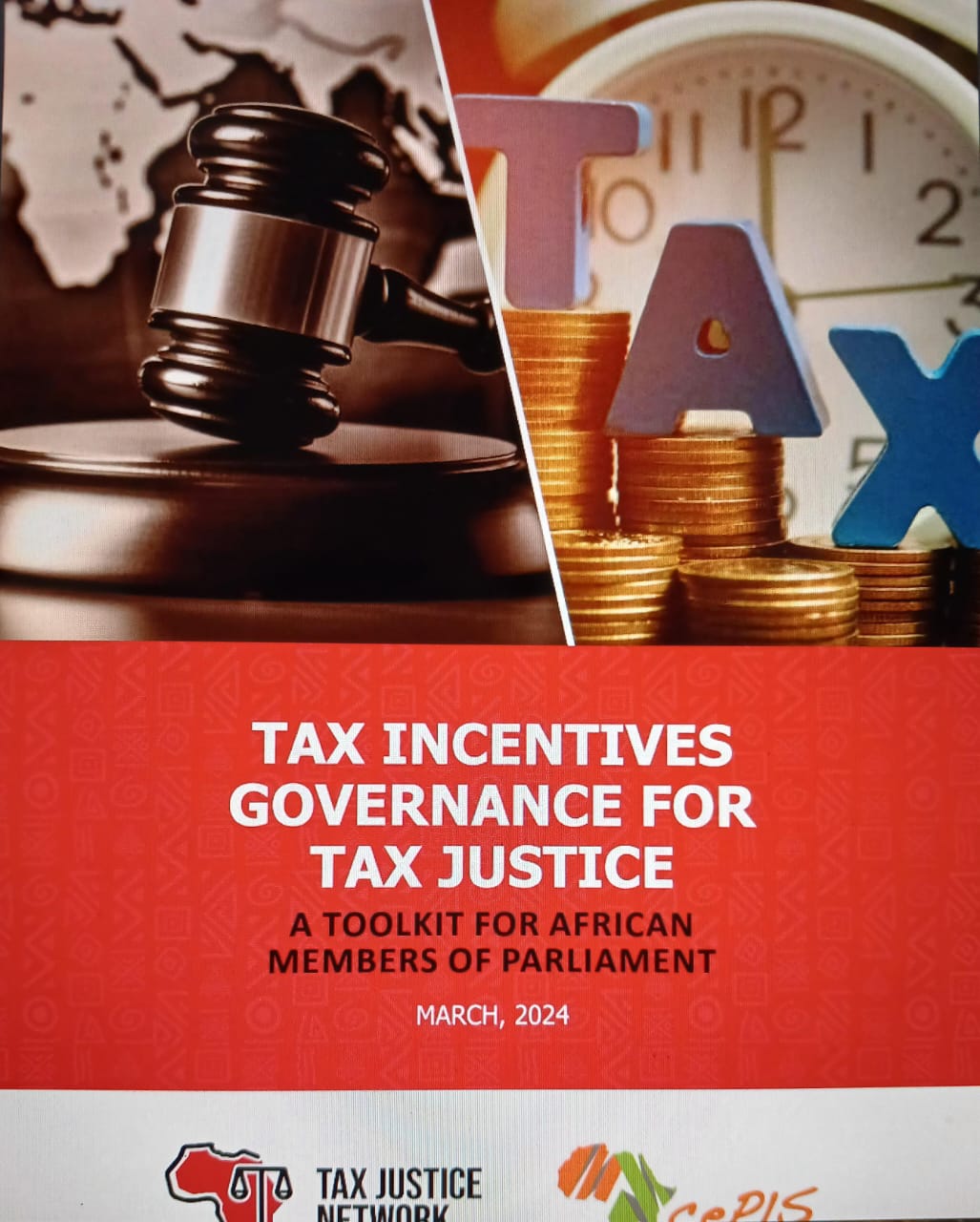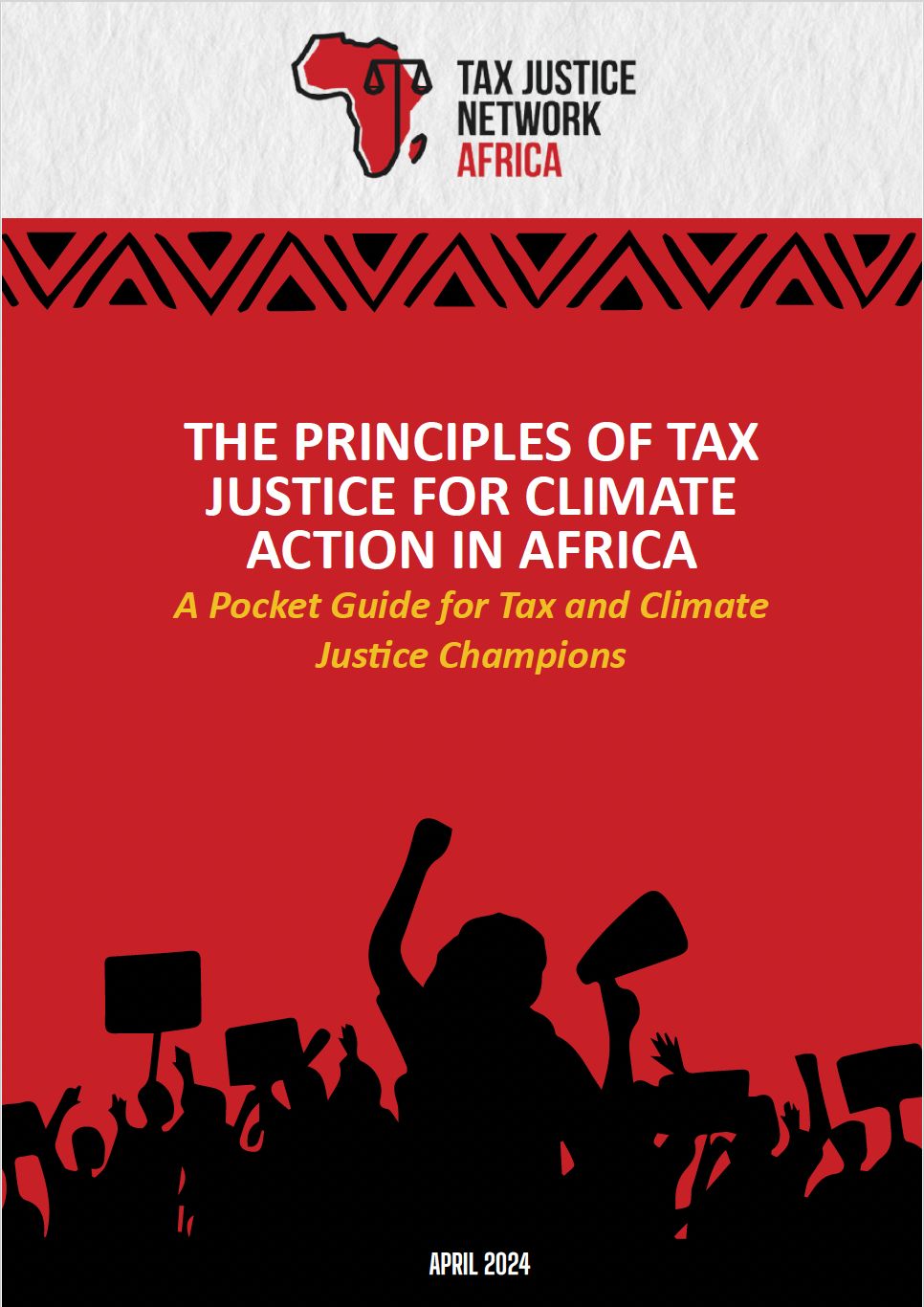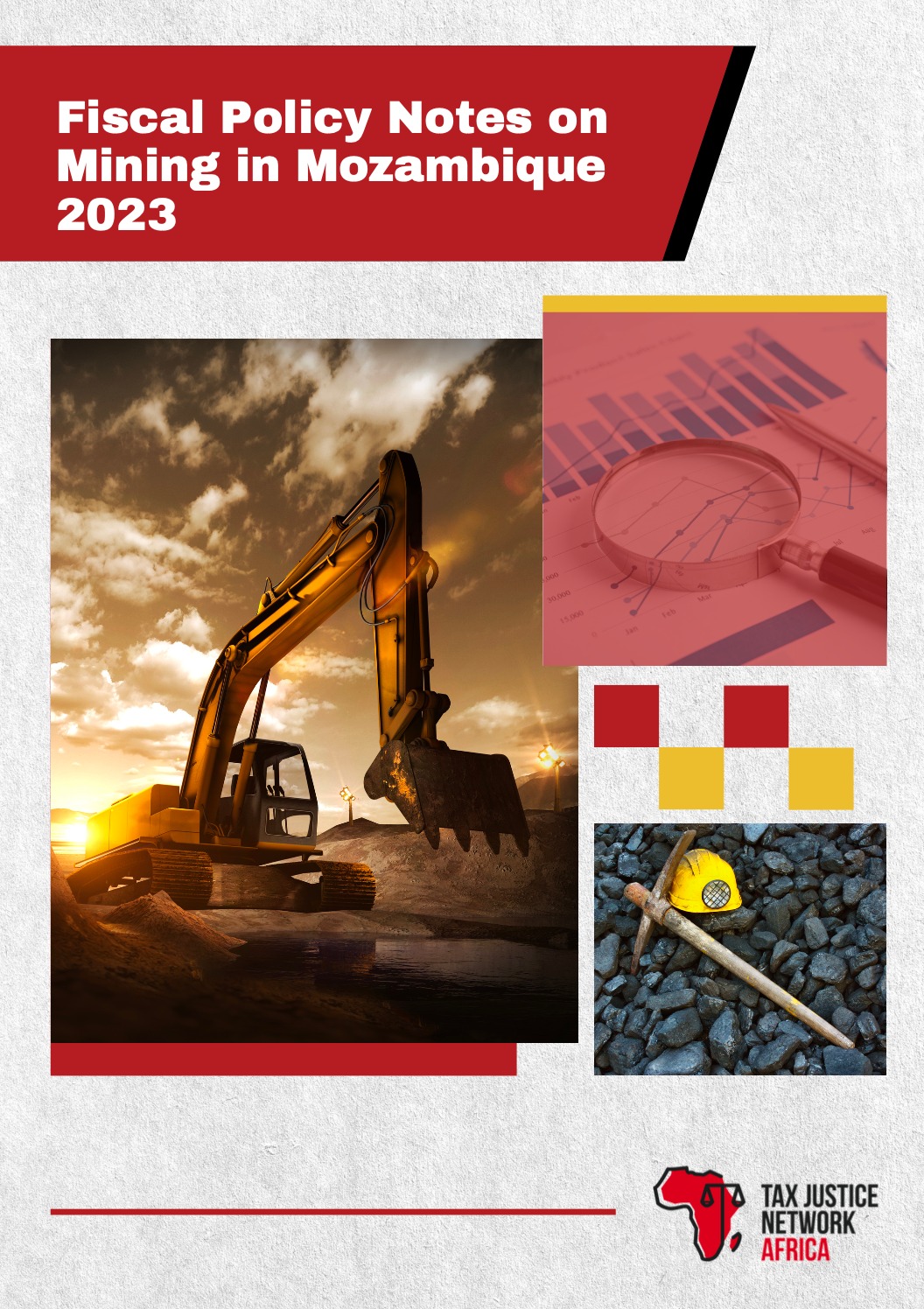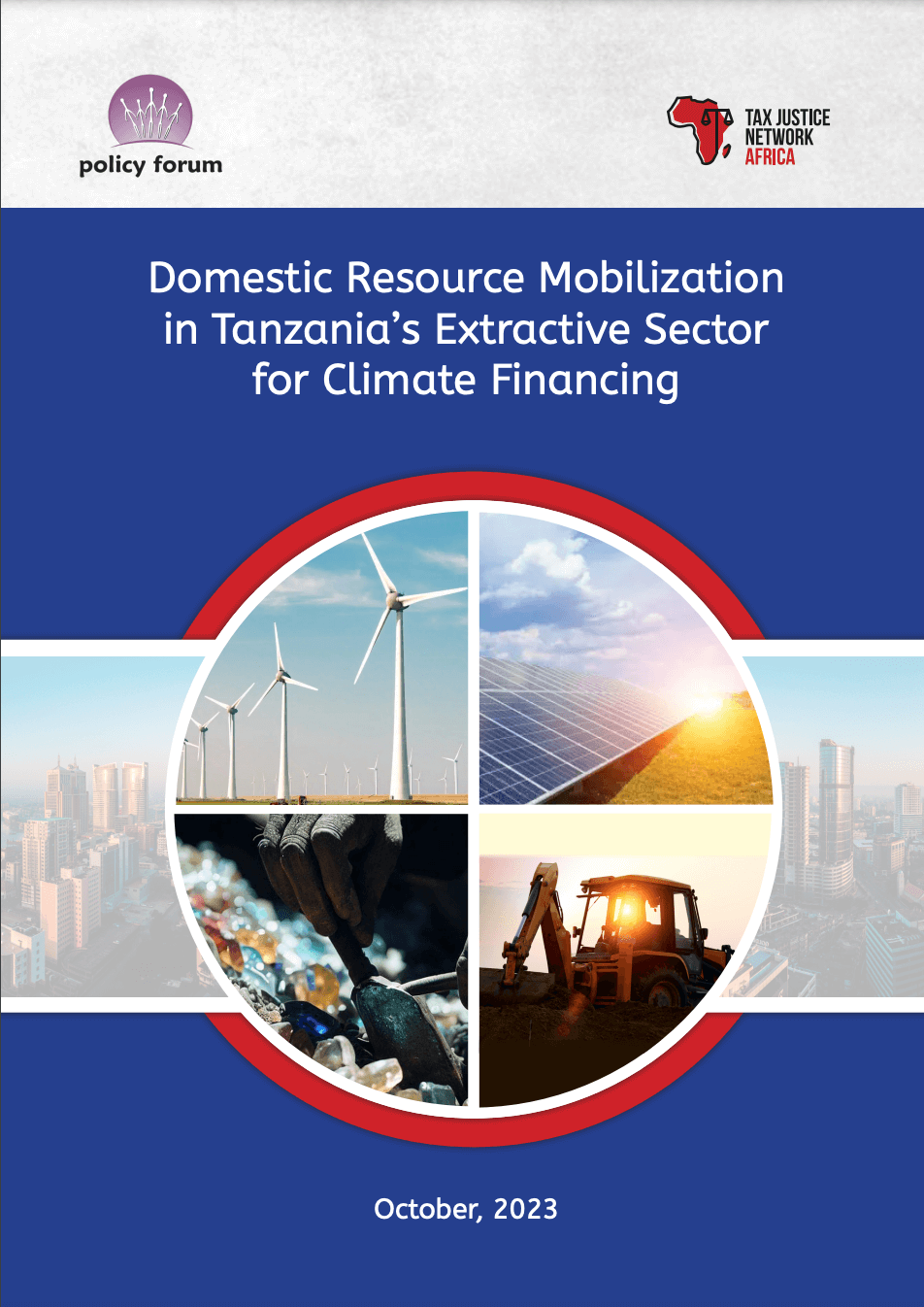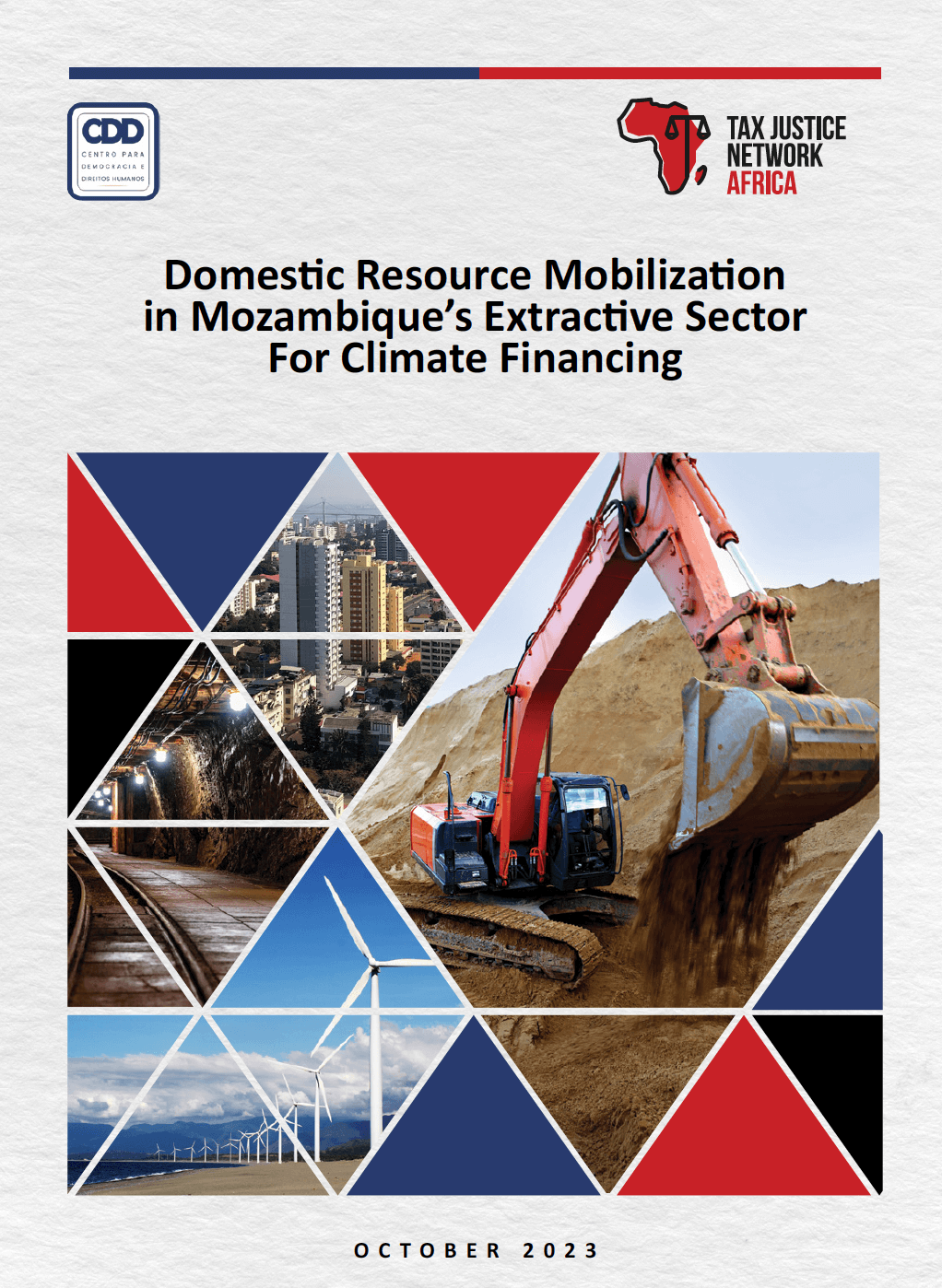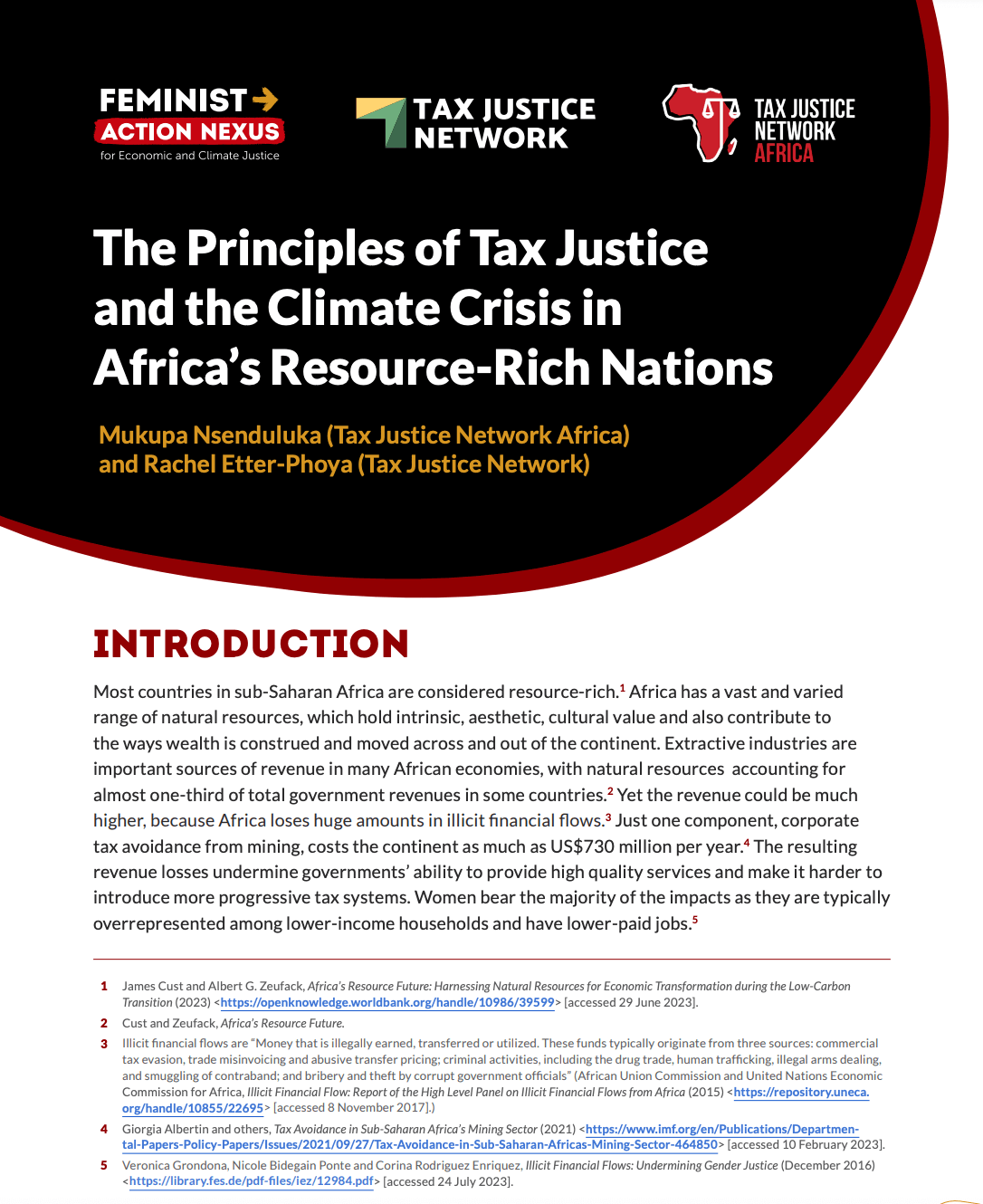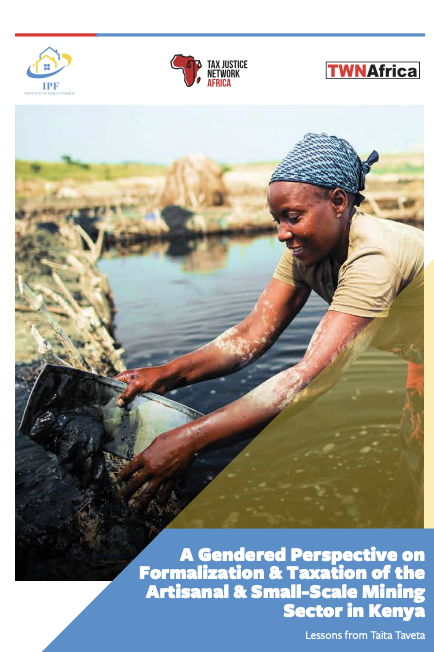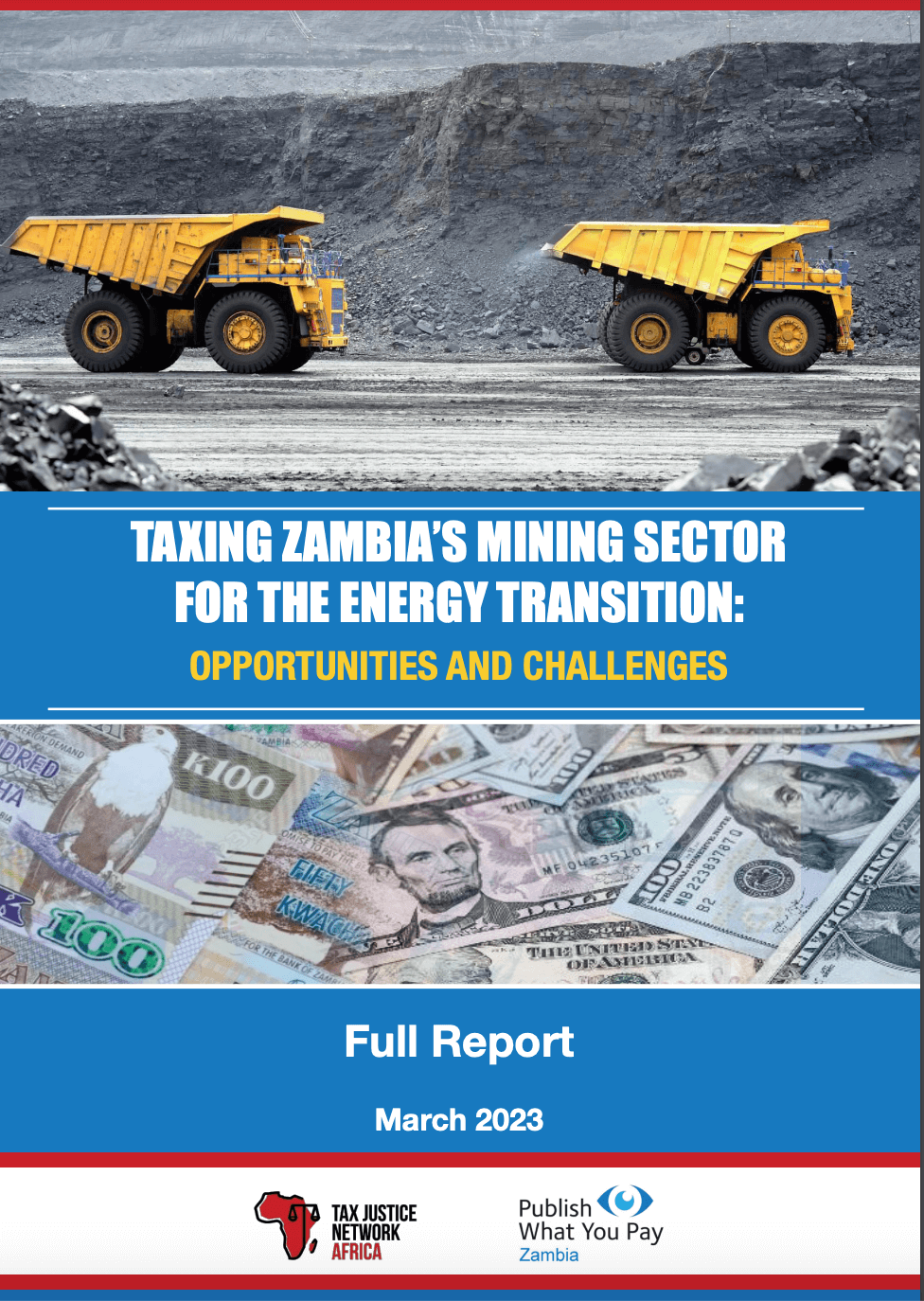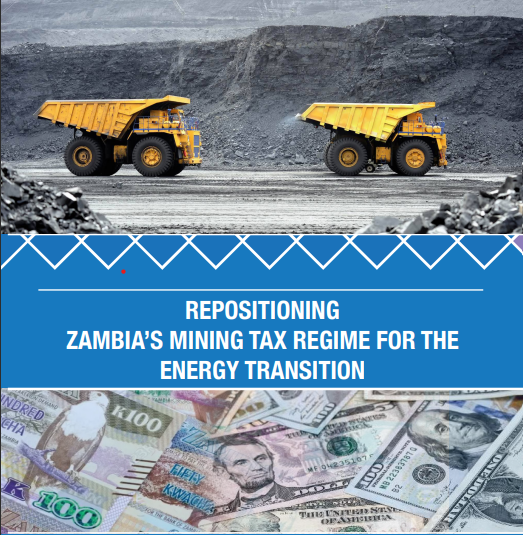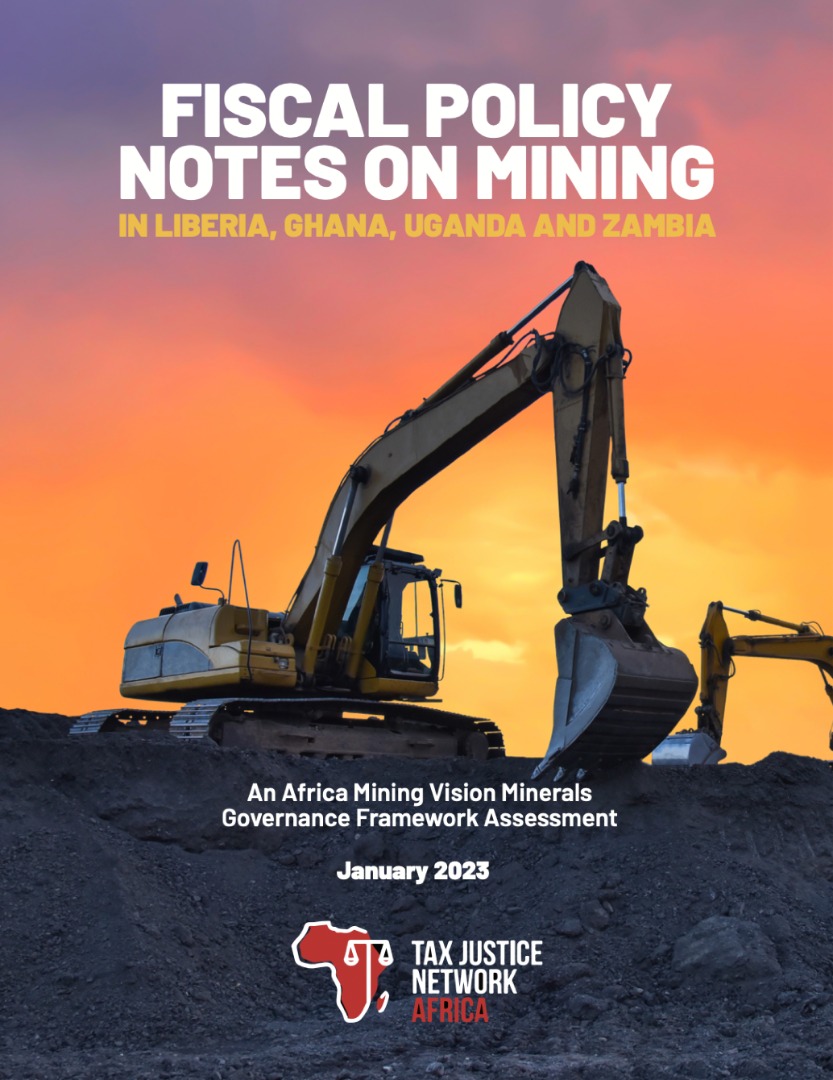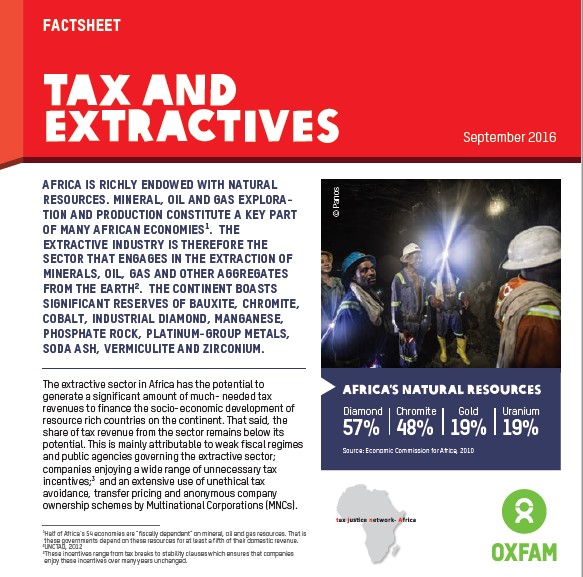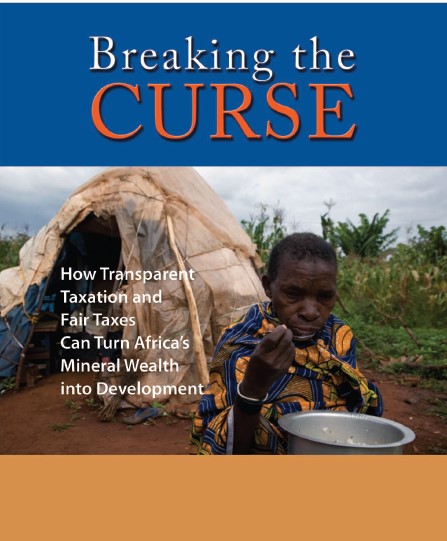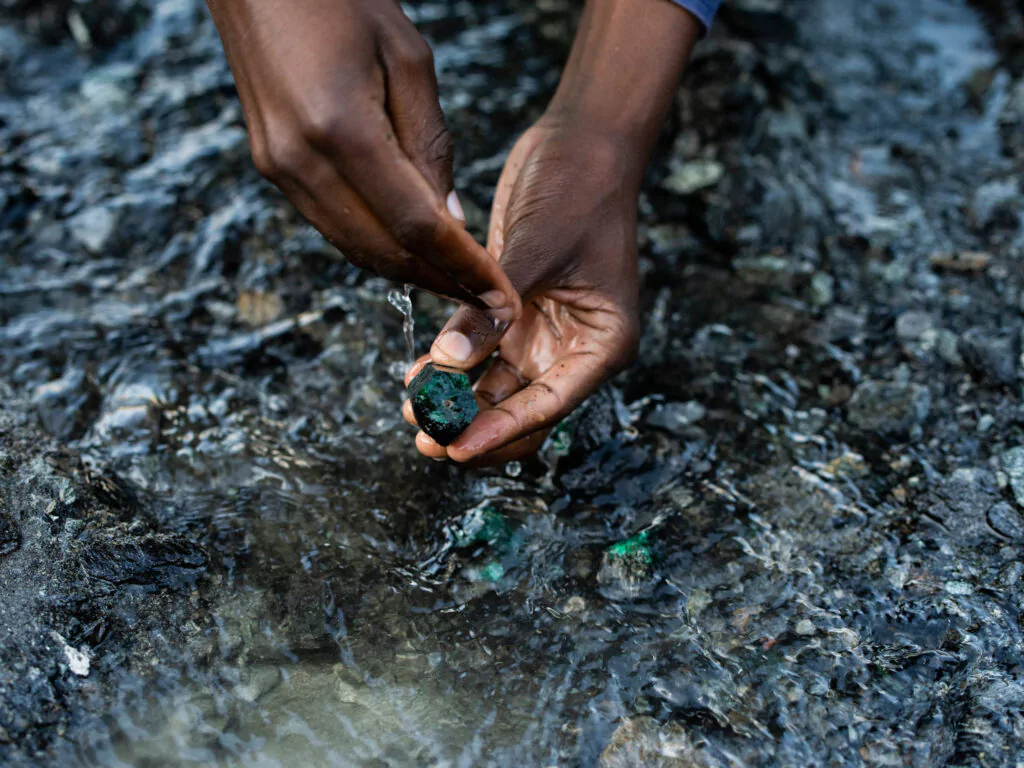
Targeting the implementation of various natural resources governance frameworks by African countries and institutions. This program seeks to build collective knowledge of instruments, policies, and programs that promote good governance and acceleration of the African agenda on natural resource extraction.
Power of Voices
TJNA, alongside Oxfam in Kenya and partners, TWN-Africa and partners and Huairou Commission members, is implementing the Kenya Fair for All (FAIR) project. It has four focus areas, namely:
- Strengthening CS to engage the private sector and hold the government accountable for human rights and the environment. Specific focus will be on land tenure security by enforcing FPIC, ensuring IFIs invest in projects agreed upon by communities, and supporting communities to get remedy if their rights are violated.
- Strengthening farmers' cooperatives/ vendor groups/ cooperatives as a pathway to economic empowerment. This work includes increasing the (bargaining) power of grassroots women, confronting exploitation by middlemen and challenging patriarchal attitudes and belief systems that hamper their access to markets, information and (financial and productive) resources. Women’s rights and access to value chains will be a particular concern, including land rights.
- Strengthening CS to engage with public and private actors to transform the agricultural and extractive sectors into more locally owned and managed sectors that contribute to more value-adding activities in the country. We will look to formalise and advance the rights of artisanal miners, ensuring a better share of value in markets and safer, more efficient production.
- Strengthening CS to engage with the governments on revenue allocation. This work also includes advocating trade and tax reforms and demanding transparency around contracts and revenues from extractives (EITI).
Tax Justice and the Climate Crisis in Africa
With support from the African Climate Foundation, TJNA is implementing a project entitled Tax Justice and the Climate Crisis in Africa.
The objective of this project is to lay the foundations for ongoing efforts to bring tax justice into the heart of the climate justice movement and corresponding public discourse across the region. As a starting point, an expert roundtable will be convened to debate the key issues and deliver insights that will feed into a short concept paper framing climate and tax justice in Africa. This will, in turn, become the starting point for proposals and plans. Building on these foundations, several country case studies will be developed along with strategic communication planning. The case studies will assess fiscal policy preparedness and climate financing options in several of Africa’s resource-rich countries, such as Mozambique, Tanzania and Senegal. The objective of this research will be to analyse the fiscal regimes of mining, oil and gas-producing countries to establish the tax revenue implications of the energy transition on domestic resource mobilisation and climate financing.
The research, once published, will then inform policy advocacy and campaigning work on domestic resource mobilisation, tax justice, climate financing and the energy transition in Africa’s resource-rich countries. Capacity building will also be conducted to raise awareness amongst CSO actors on the nexus between tax justice, climate financing and energy transition.

